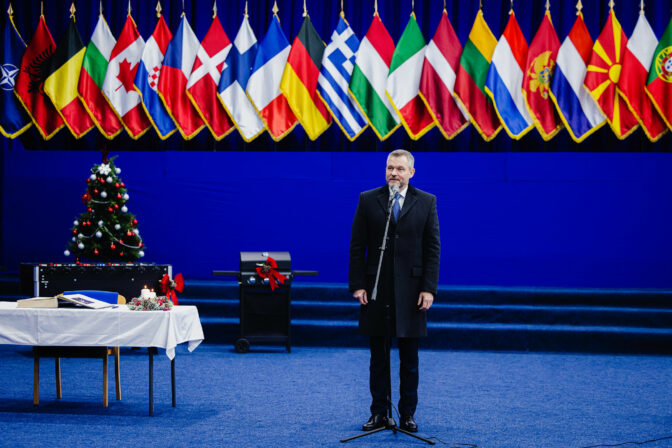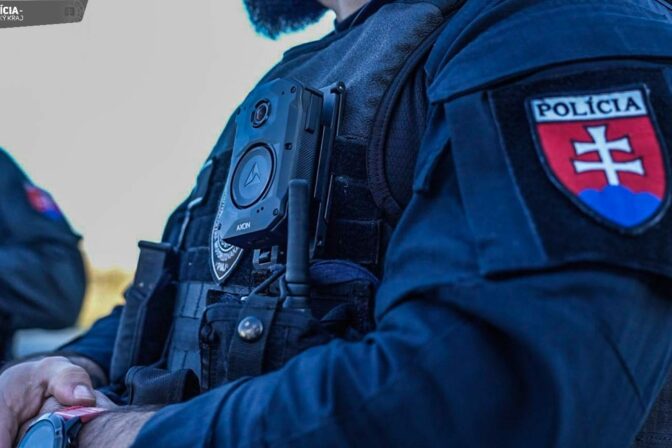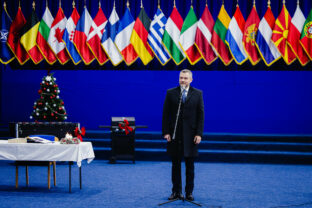BRATISLAVA, January 20, (WEBNOVINY) –The quality of democracy in Slovakia had been improving in the second half of 2010. The quality of democracy was evaluated with the grade 2.8 on a five-grade scale with 1 standing for the optimal state, while the grade for the whole year stood at 3.2, according to a report that the think tank Public Affairs Institute (IVO) released on Thursday.
The institute has acknowledged that the society did not succumb to “tyranny of a majority“, as IVO claims was the case under the previous government, and the current coalition deputies do not a priori turn down opposition proposals. IVO has registered moves heading towards a consensual model in Slovakia’s politics. “The opposition cannot complain in this respect,” said president of the institute Grigorij Meseznikov at the press meeting dedicated to the released results.
IVO does not view the coalition’s ambition to change secret ballot to elect the prosecutor general in parliament to an open vote as a threat to democracy. “The method of election of a high state official is not a defining feature of democracy and both methods – secret and public vote – could be considered neutral in terms of democracy theory,” stated IVO in its report on democracy evaluation.
IVO finds reviewing of laws that the previous government enforced unsatisfactory. Meseznikov named the patriot law, expropriation law or revision to the law on the state language as an example. Miroslav Kollar pointed out the non-standard process of adoption of some laws, for example the law on the Slovak Radio and Slovak Television. Nevertheless, IVO registered positive trends in the media segment in general. Kollar praised for example standardization of the press law and professionalization of relations between media and public institutions.
Martin Butora underscored a positive twist in communication style in Slovak-Hungarian relations but reminded that complications resulting for example from implementation of Hungary’s unilateral measures cannot be ruled out in further development. Both Butora and Meseznikov slammed the insensitive attitude of the Slovak government to solidary measures in the European Union, for example refusal of a loan to bail o
ut Greece.
IVO registered the most noticeable improvement in the legislation area, normal rhythm of which has been restored. Meseznikov appreciated that only two laws have been adopted in shortened legislative proceedings since the new government assumed power, which was also behind this area’s improved grade from 3.25 to 2.5.
SITA












